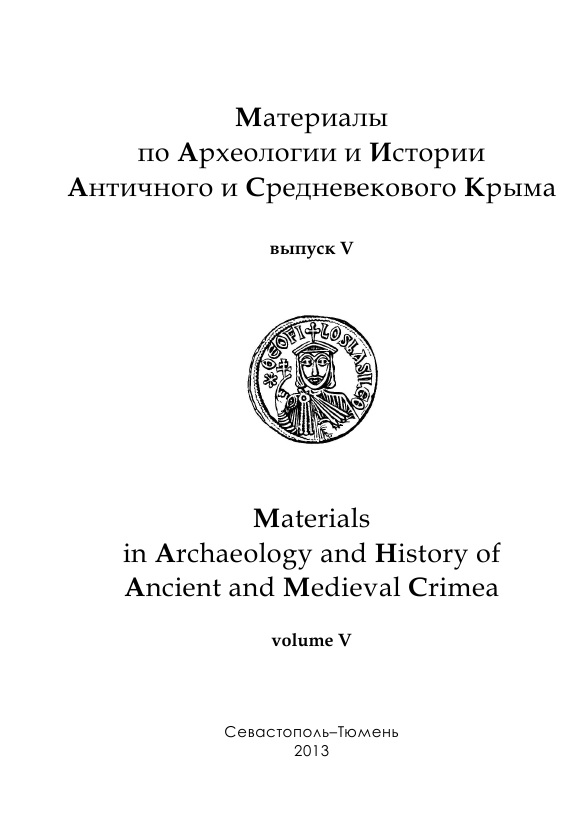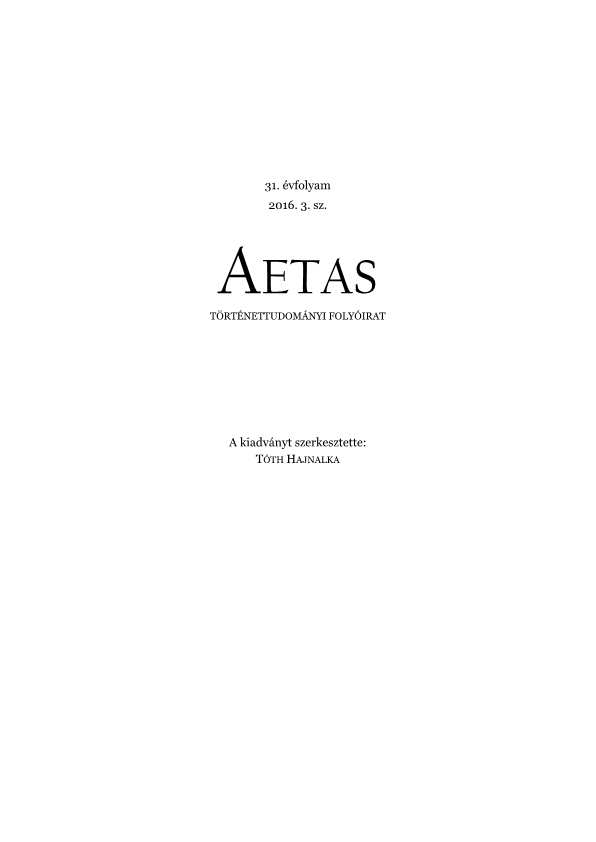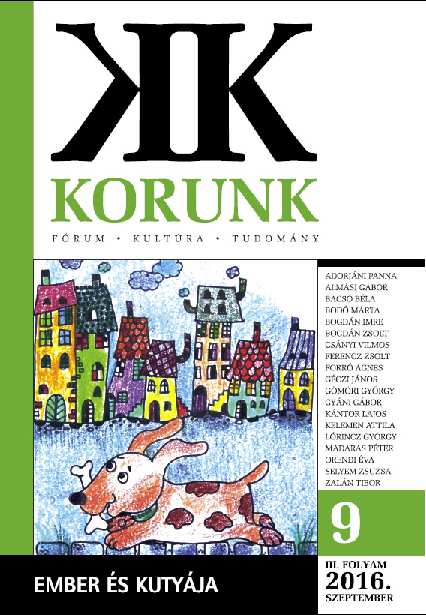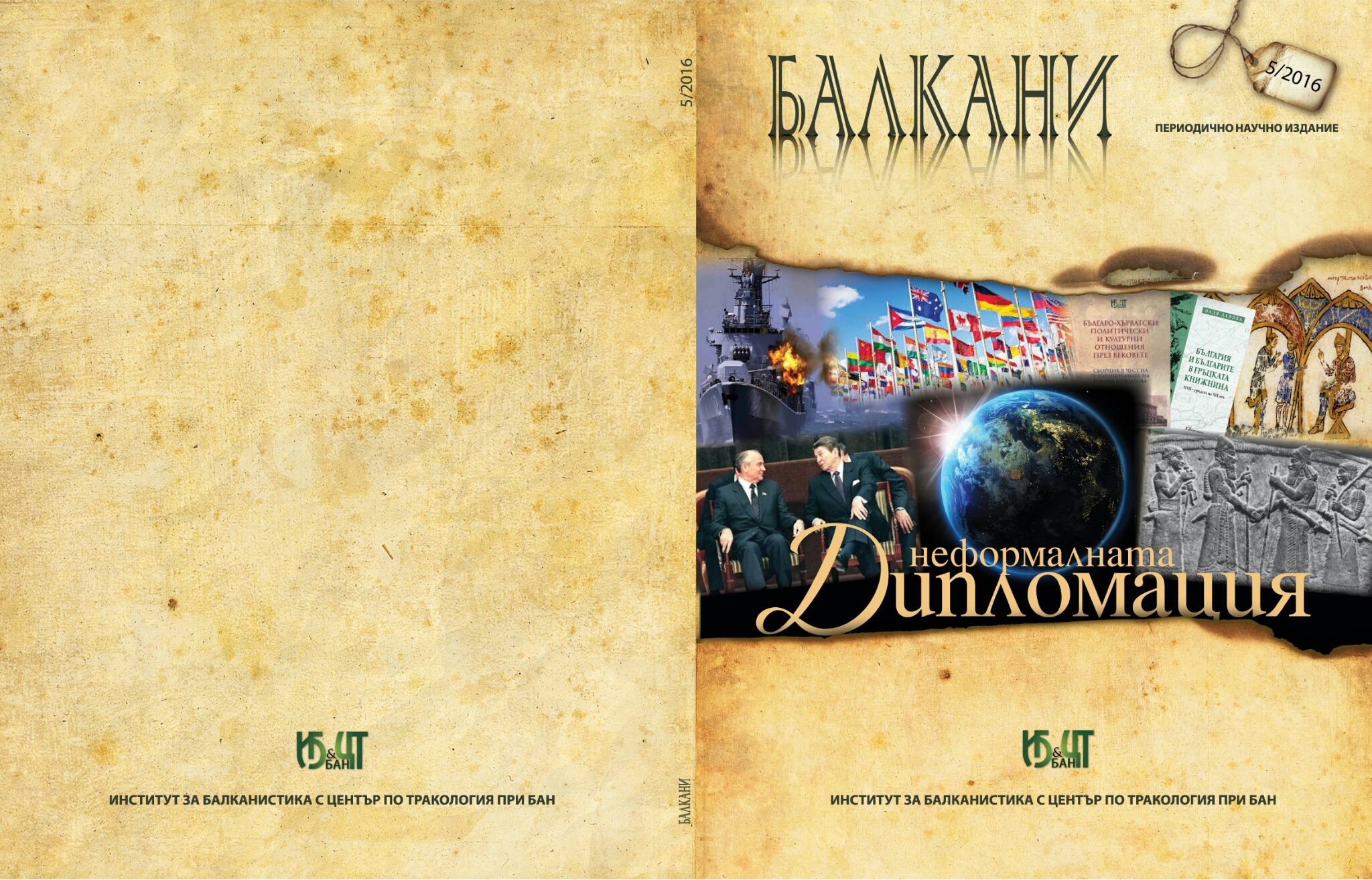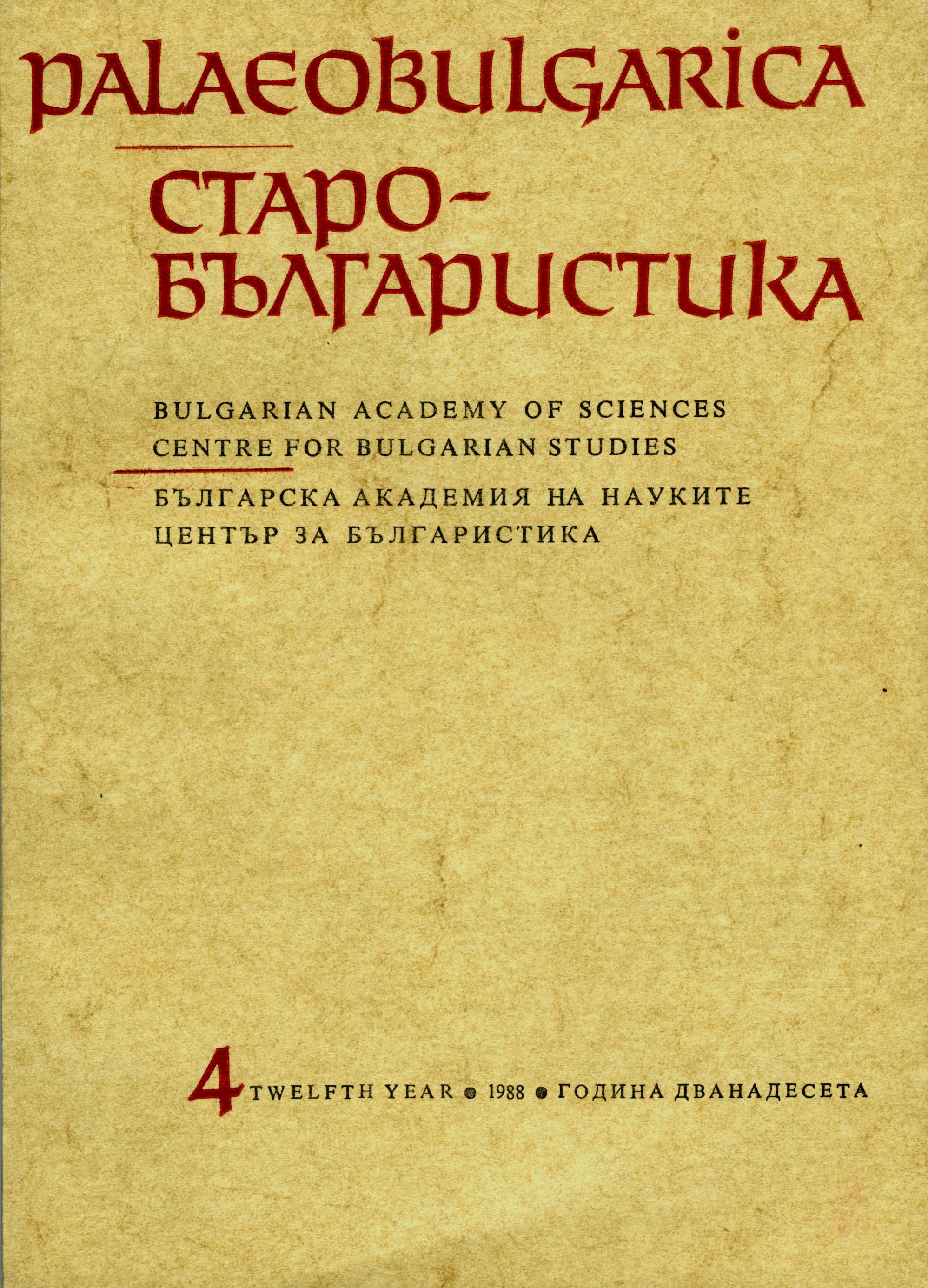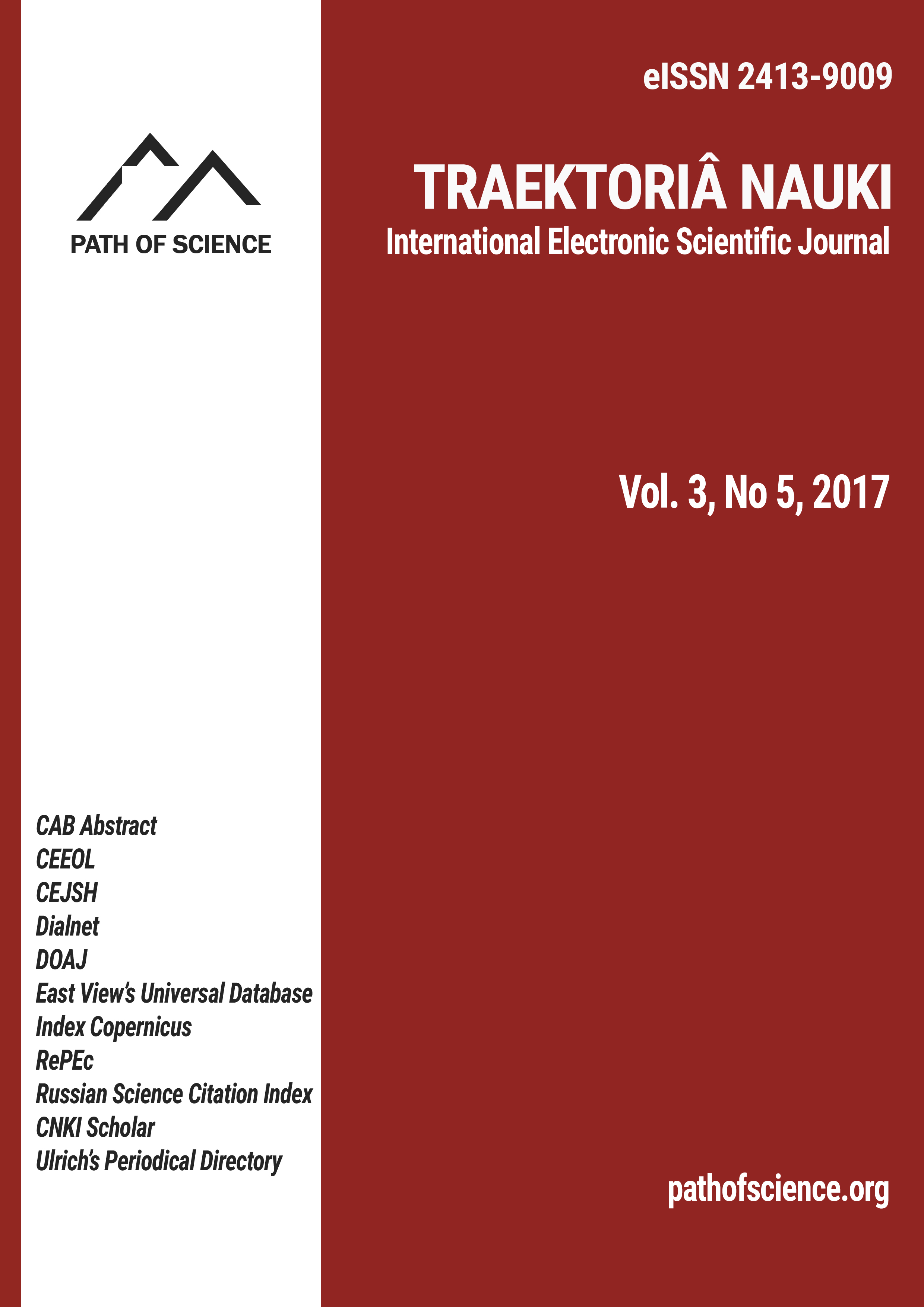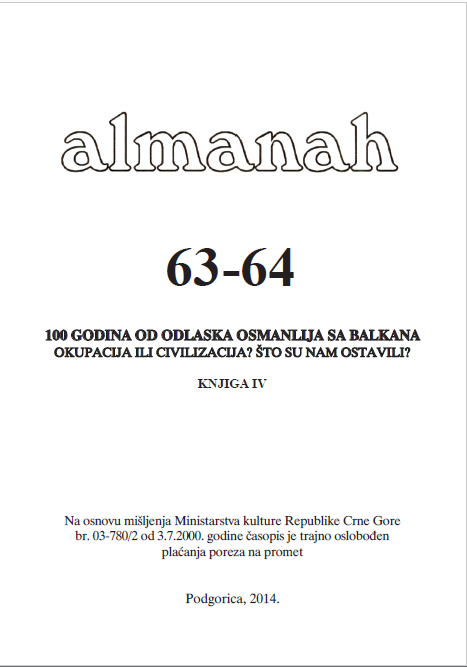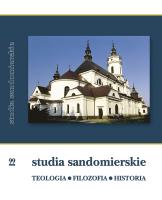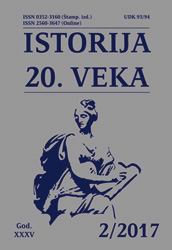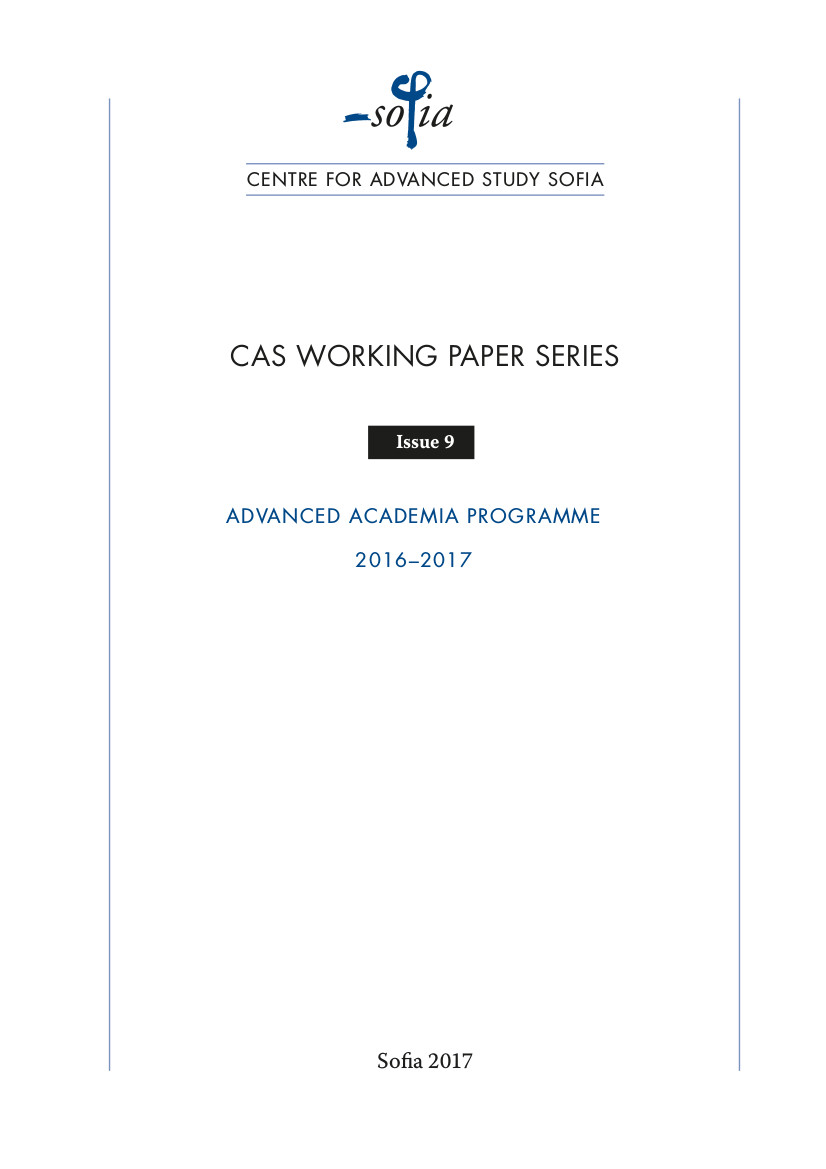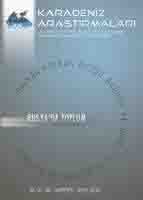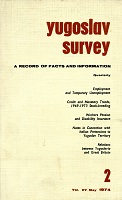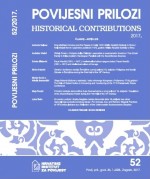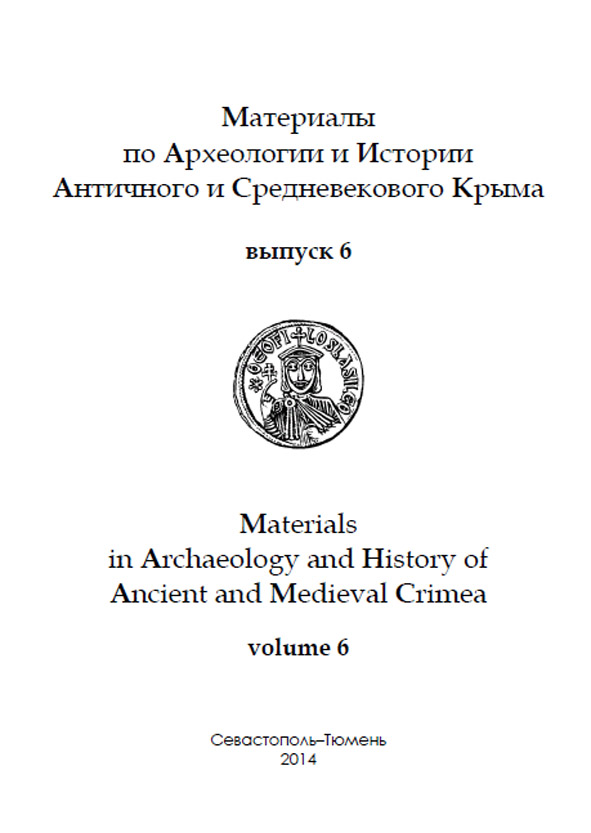
Документы о сношениях Крыма с Москвой по поводу одоевского ясака
The article examines the documents of the late 15th — the first third of the 16th centuries about relations between the Crimean khans and the Grand Dukes of Moscow about paying tribute from "Odoyev's cities". These payments were a relic of independent relations of the princes of the Novosil House with the Crimean Khanate, which existed until the end of the 15th century. Later on, when the Novosil-Odoyev principality became a part of the Russian state, the Grand Dukes of Moscow were forced to pay Odoyev’s tribute to the Crimean khans for some time.
More...
